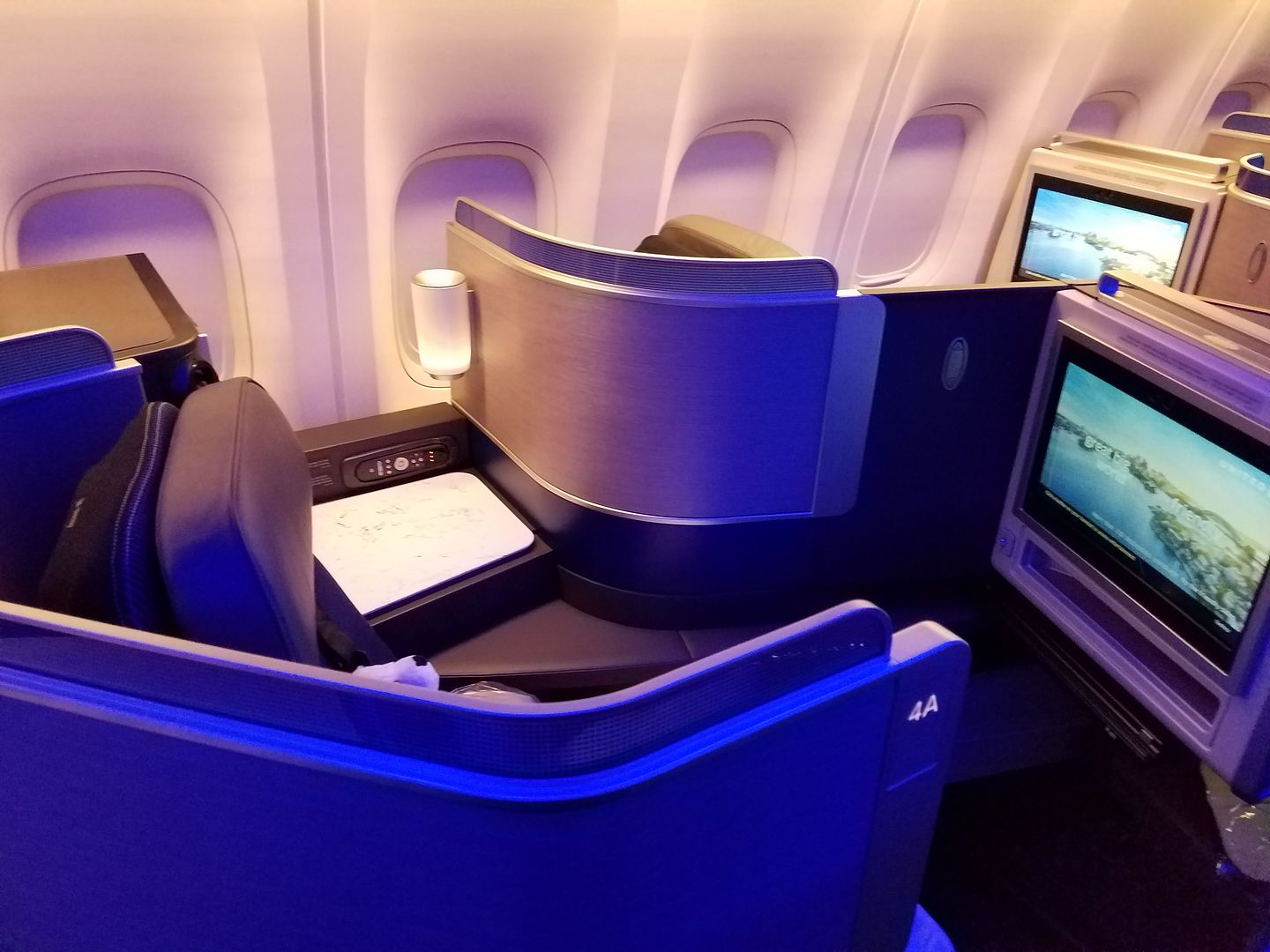Two months ago United announced a prepaid debit card that would earn miles.
At the time I wrote that it’s “[h]ard to imagine this will be lucrative earn relative to credit cards, or that people who use prepaid card as a financial tool … will find it wise to make product decisions based on United miles.”

Mileage-earning debit cards are mostly a thing of the past because the Durbin Amendment capped interchange rates for debit cards, it no longer makes sense to pay consumers to incentivize debit transactions. Indeed, debit cards are no longer a profit center so banks no longer compete for deposit accounts in order to get consumer debit card business. That’s a key reason why there are more hurdles to getting a fee-free checking account than there used to be.
However these limits do not apply to prepaid products and while there may not be huge crossover between the unbanked Americans and frequent flyers, travel remains aspirational and motivating of consumer behavior. And the prepaid space is ripe for increasing investment in rewards. So it’s not entirely surprising to see.

The prepaid space is growing in importance and has extra runway under a Trump administration and with questions about the future and status of the Consumer Financial Protection Bureau.
The product is now out (HT: Points Fitness) so we have the real details:
- $85 annual fee
- 1 mile per dollar spent (excluding PIN-based transactions) capped at 2500 miles per month
- Pays 5% annual percentage yield on the first $1000 balance on the card, 0.5% for amounts over $1000
I’m not prepared to say that “absolutely no one” should get the card and that it’s “a bad deal.” I think that’s wrong. But it’s useful only for a limited set of people.
This card is great for all six people in the country who are simultaneously unbanked (the card pays interest that helps offset its fees), who cannot get a credit card (which is going to have stronger earning potential), but who still spends enough money to make the rewards on this card worth the cost.
The unbanked who make over $500 a month in debit purchases each and every month may come out ahead of a non-rewards debit card.
Anyone who can get a credit card should spend on a credit card instead of this product. Anyone who spends less on debit cards will unquestionably do better elsewhere at lower cost (and even many spending more on debit cards should still probably look for lower fee products than building up United miles which devalue).


“The unbanked who make over $500 a month in debit purchases each and every month may come out ahead of a non-rewards debit card.”
Far smarter to save the annual fee, forget about the de minimus value of 30k points a year (and really only 6k at $500/month) and work with any other credit product out there to get into a financial world that will deliver them real benefits.
The 6k points are not going to help someone come out ahead compared to the annual fee. Those 6k points are mostly useless and certainly not worth more than a penny/point. At $500/month spend it is very unlikely that the consumer is going to have a $1000 average daily balance to make the $50 max annual interest.
So how do you add up to $85 in real value here??
Yeah who are these unbanked? They are not illegal immigrants they can get credit readily enough? I don’t think they exist.
Most unbanked weren’t unable to initially obtain credit, rather they obtained it and then royally screwed it up…
Overdraw a few checking accounts and then let them go to collections, and it’s nearly impossible to open a new one for several years.
Your titles are getting more and note sensational but also very entertaining.
There is an overlooked benefit to prepaid card outside the “unbanked” – peace of mind! And that’s for any traveler, not only “the unbanked”. With credit/debit card fraud on the rise, using a prepaid card in high-risk situations limits your risk to a few hundred $. Sure, your bank will refund any losses, but I had thousands of $ taken out of my cards and don’t really want to spend a trip on the phone with my bank, trying to block cards, get them replaced and get the money refunded.
I use an AmEx Bluebird and a EUR based pre-paid card (both no-fee) for high-risk situations and enjoy the peace of mind knowing I don’t have to worry about fraud as much. I recommend them to anybody who’s planning to travel outside the US or developed cities and/or spend money with smaller hotels/cars/merchants with unknown security.
For that use case, the UA card has some problems you didn’t mention: it charges a steep FX fee of 3.5% and $4.95 for international ATM use.
Sorry, Rupert, but if you’re that concerned about fraud actions on the road there are WAY better and cheaper alternatives. This card is horrible for such. Just too expensive.
@Wandering Aramean – I agree that the UA card is too expensive, especially with the FX and ATM fees. That’s why I’m using BlueBird and a low-fee EUR card instead – but what better/cheaper alternative than a pre-paid card do you suggest?
@Wandering Aramean first back interest earned on balance out of the fee, then we disagree about the value of United miles, I still say that the annual fee with interest is break-even at $500 a month provided you’re not engaged in other fee-generating activities with the card, but that if you’re stuck with this card then it’s probably better not to be focusing on United miles as a currency. Bluebird for instance is a better approach.
@Nick
“Estimates from the 2015 survey indicate that 7.0 percent of households in the United States were unbanked in 2015. This proportion represents approximately 9.0 million households.”
https://www.fdic.gov/householdsurvey/